Charles Letaillieur
Science Checker: Extractive-Boolean Question Answering For Scientific Fact Checking
Apr 29, 2022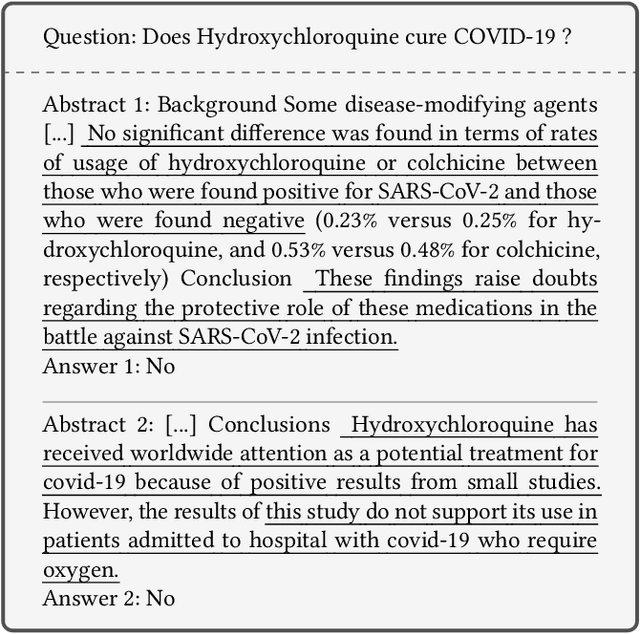
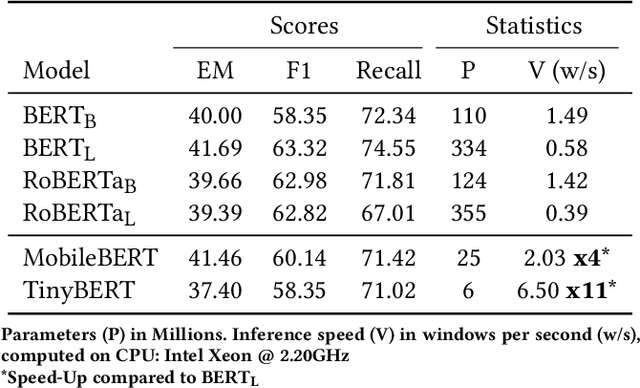

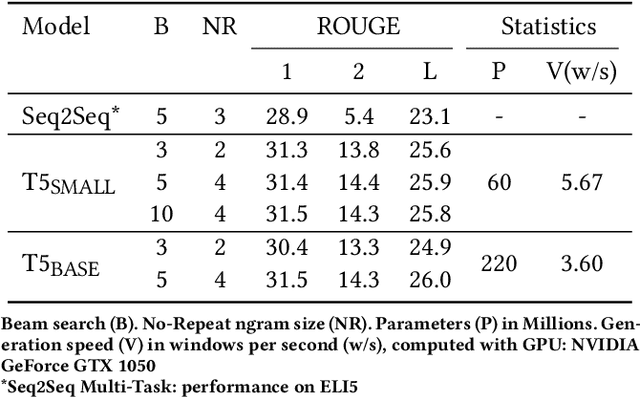
Abstract:With the explosive growth of scientific publications, making the synthesis of scientific knowledge and fact checking becomes an increasingly complex task. In this paper, we propose a multi-task approach for verifying the scientific questions based on a joint reasoning from facts and evidence in research articles. We propose an intelligent combination of (1) an automatic information summarization and (2) a Boolean Question Answering which allows to generate an answer to a scientific question from only extracts obtained after summarization. Thus on a given topic, our proposed approach conducts structured content modeling based on paper abstracts to answer a scientific question while highlighting texts from paper that discuss the topic. We based our final system on an end-to-end Extractive Question Answering (EQA) combined with a three outputs classification model to perform in-depth semantic understanding of a question to illustrate the aggregation of multiple responses. With our light and fast proposed architecture, we achieved an average error rate of 4% and a F1-score of 95.6%. Our results are supported via experiments with two QA models (BERT, RoBERTa) over 3 Million Open Access (OA) articles in the medical and health domains on Europe PMC.
* 8 pages, 4 figures
BagBERT: BERT-based bagging-stacking for multi-topic classification
Nov 10, 2021
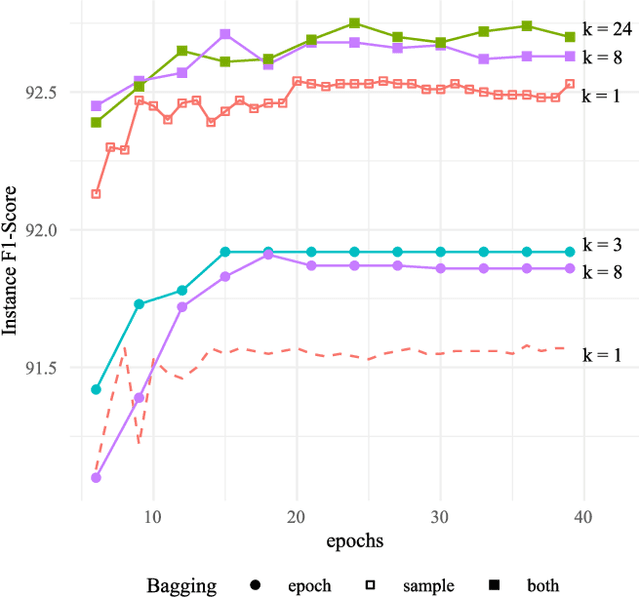
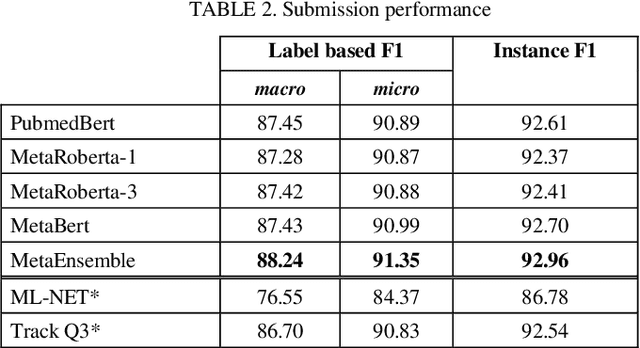
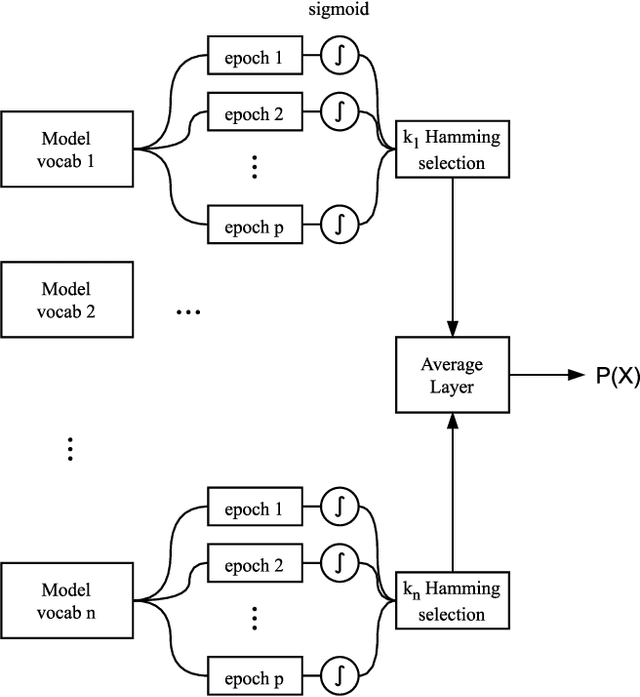
Abstract:This paper describes our submission on the COVID-19 literature annotation task at Biocreative VII. We proposed an approach that exploits the knowledge of the globally non-optimal weights, usually rejected, to build a rich representation of each label. Our proposed approach consists of two stages: (1) A bagging of various initializations of the training data that features weakly trained weights, (2) A stacking of heterogeneous vocabulary models based on BERT and RoBERTa Embeddings. The aggregation of these weak insights performs better than a classical globally efficient model. The purpose is the distillation of the richness of knowledge to a simpler and lighter model. Our system obtains an Instance-based F1 of 92.96 and a Label-based micro-F1 of 91.35.
 Add to Chrome
Add to Chrome Add to Firefox
Add to Firefox Add to Edge
Add to Edge